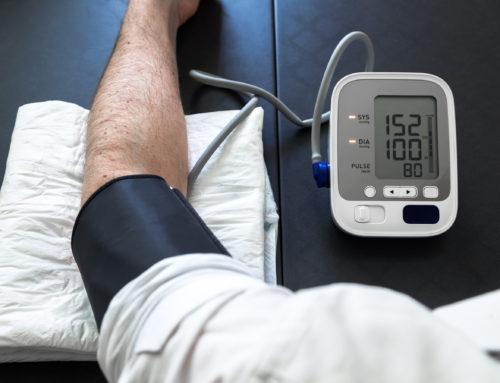When doctors are sued for malpractice, it can be a life-changing experience. When a lawsuit occurs, it can trigger myriad of feelings from anger and frustration to self-doubt and questioning. An internal dialogue may include a question like “What should I do now?”. About 40 percent of surgeons and doctors are sued at least once in their career. And although many cases are dismissed or settled before court, there is generally a personal price to be paid following a lawsuit.
Personal Effects After a Lawsuit: Decisions and Feelings
Following a lawsuit, some doctors move in different directions depending on how they choose to deal with the experience. Some may choose the path to retire, as they look at it as the end game of their career. Others may consider practicing with more of a defensive attitude. Some may find that patients have become more distrustful. Lastly, some doctors move past the experience and go on the continue a fulfilling career. Those that do know how to not let litigation define them.
The reaction to being sued often entails some emotional turmoil, such as anxiety, fear and undue guilt. More than 95 percent of doctors who are sued have some emotional turmoil throughout the whole litigation process. There also may be feelings of shock and dread about the financial effects of the eventual outcome.
Stages in the Litigation Process of a Medical Malpractice Suit
The charge is known as the complaint detailing what the doctor did or failed to do that cause the injury to the plaintiff. It may be followed or preceded by public notice. The discovery period included interrogation, depositions and expert witnesses. Written questions regarding facts are taken, oral testimony under oath is taken and expert witnesses offer opinions by both sides related to the standard of care. During the trial stage, there may be a series of pretrial maneuvers that may lead to a resolution. If the case goes to trial, a decision may be made by either a judge or jury. If the defendant isn’t satisfied with the final decision, an appeal may be filed where the appellate court will review the trial record to ensure the law was properly followed.
Coping with Litigation: The Difficult Process
Since most doctors experience some level of distress with a medical malpractice suit, it’s often difficult to cope with the litigation process. Here’s some tips for coping:
- Discuss personal feelings with a trusted person, such as an attorney or another physician
- Seek support from a local medical group
- Ask the lawyer to explain your role in the process
- Participate in choosing your own medical experts
- Take an active role in the defense of the case
- Engage in activities that will increase confidence, such as clinic committee work or accreditation activities
- Take time away from your practice
According to the American Medical News, “the key to surviving a medical malpractice suit is having a strong social support network. Attorneys advise their clients not to talk about the case. But this isolates many physicians during a period for which they are unprepared for. It makes you feel like keeping it to yourself, Dr. Sullivan said. You just feel like you’re alone, and there’s not a lot of help out there for doctors. Having a strong social support network is essential when enduring litigation, said John-Henry Pfifferling, PhD, director of the Center for Professional Well-Being in Durham, N.C. You need to talk about your anger or your symptoms of depression. There’s suffering, and then there’s suffering alone.”
Without a doubt, there is a lot of impact after a malpractice lawsuit has been filed against a doctor. It’s often a grueling ordeal for many. The impact varies from doctor to doctor, but it could last a lifetime. It’s important to choose the right attorney, know your medical experts, know the litigation process, get involved in the defense and get personal support. Most medical lawsuits are dismissed, but the ordeal can still be trying for most doctors. Be as prepared as you can and stay positive.




























